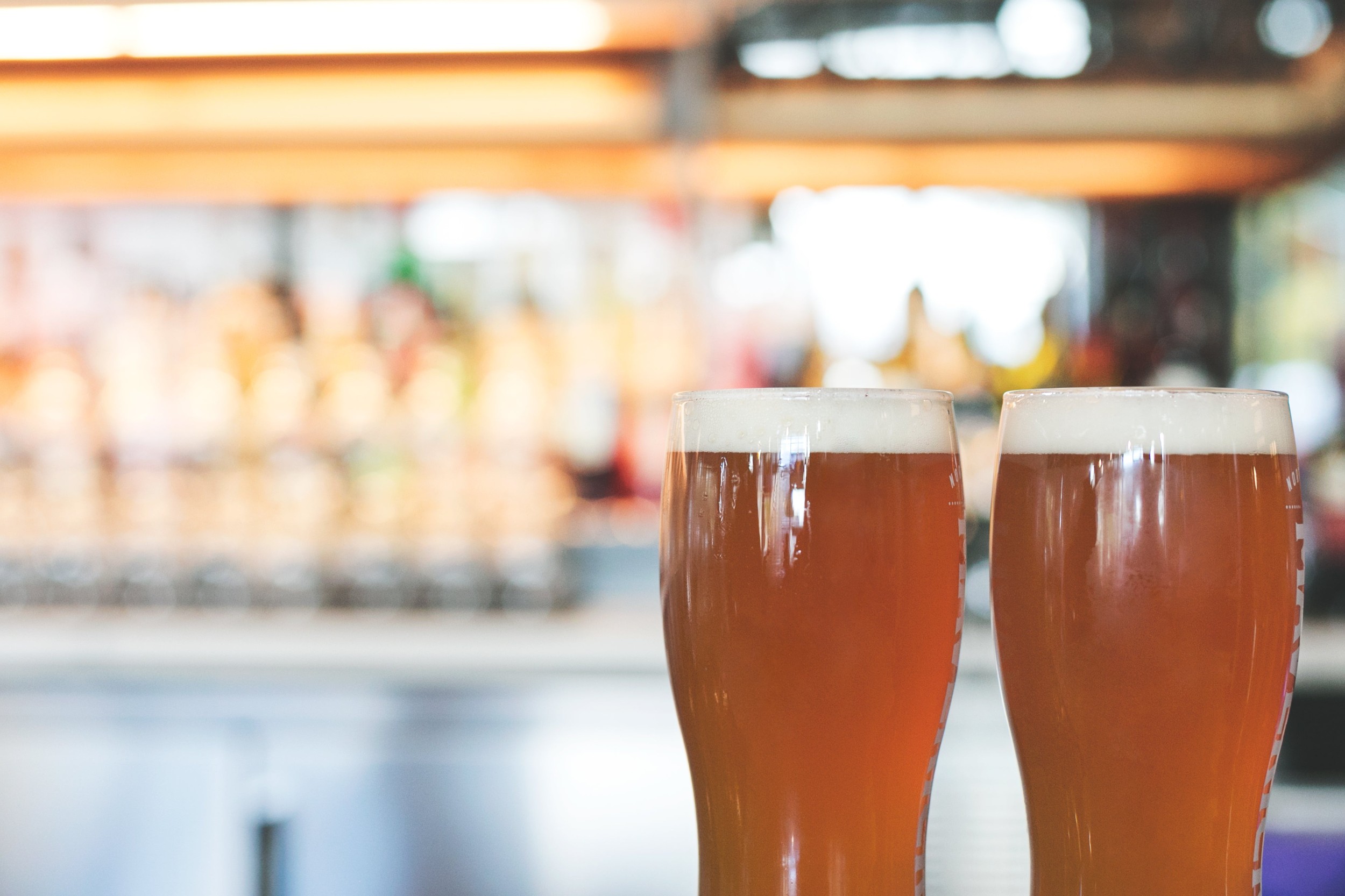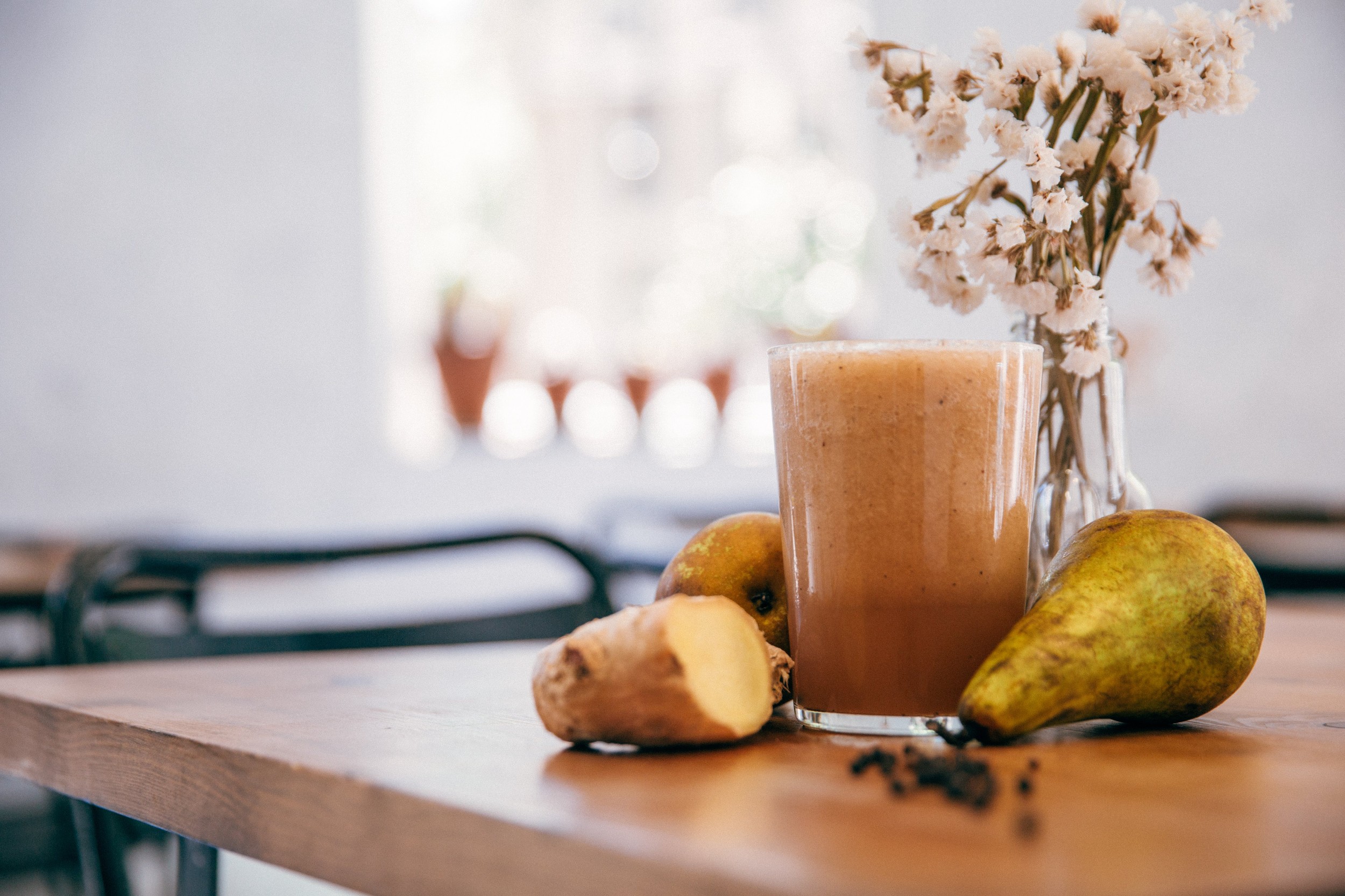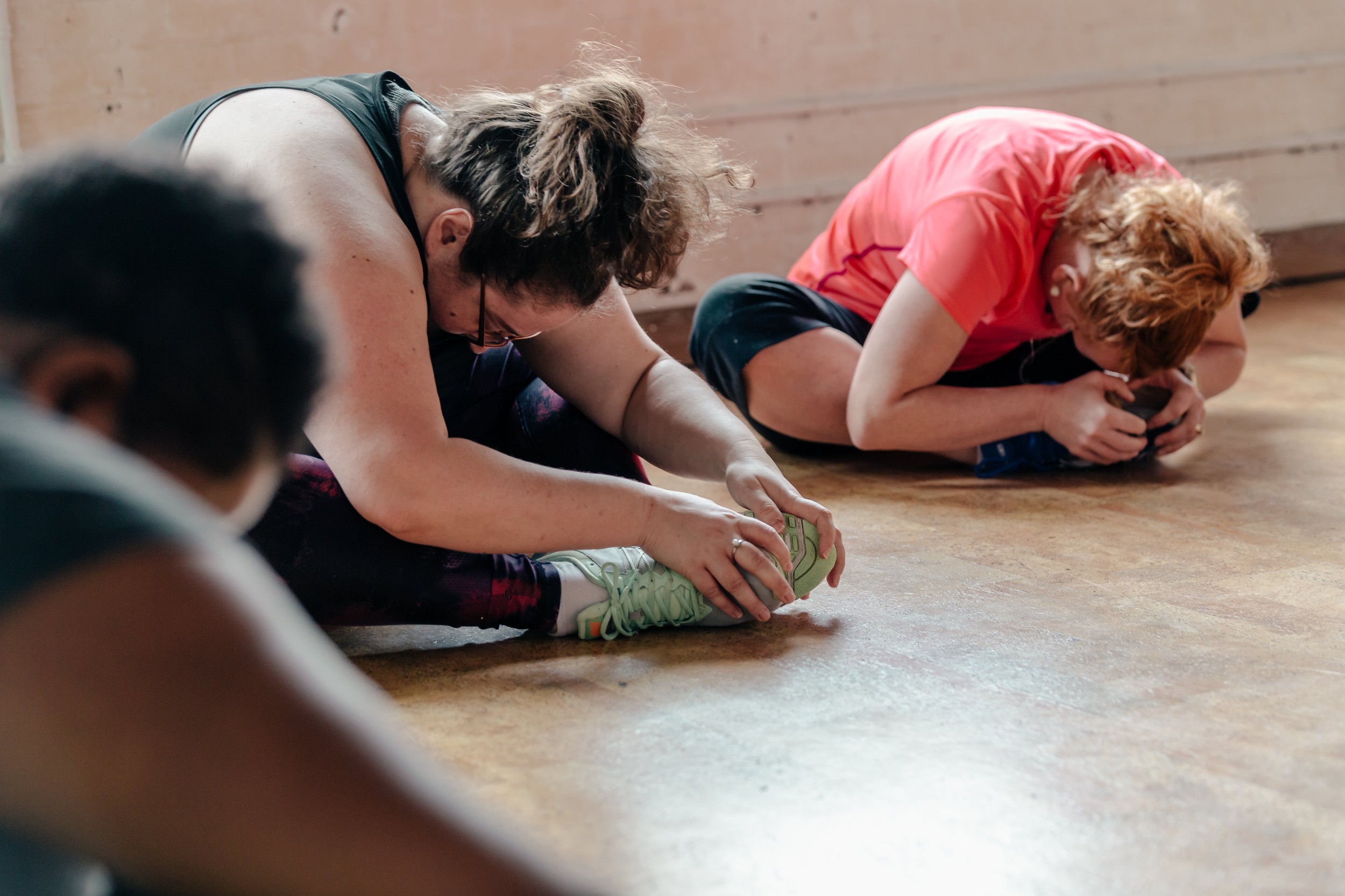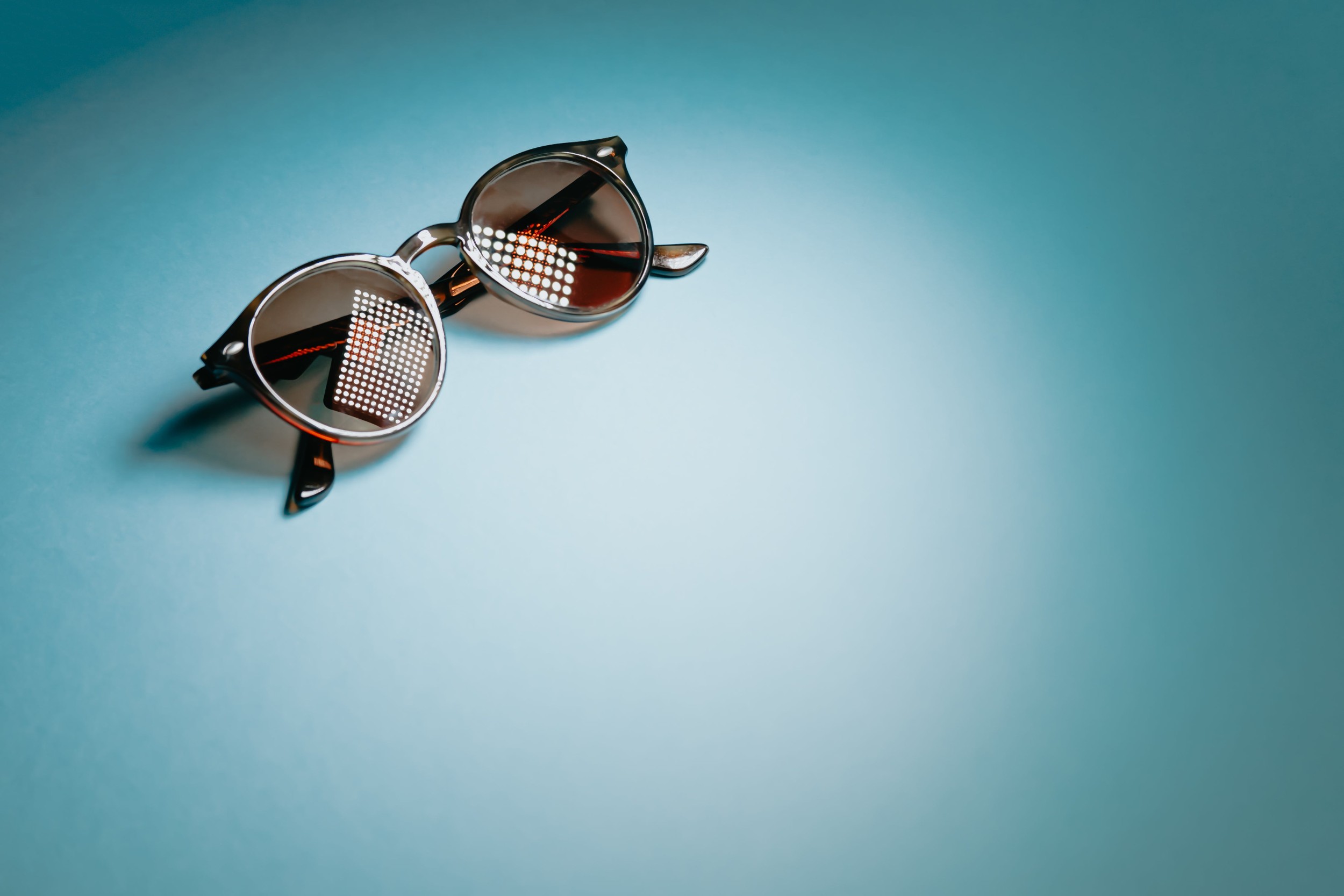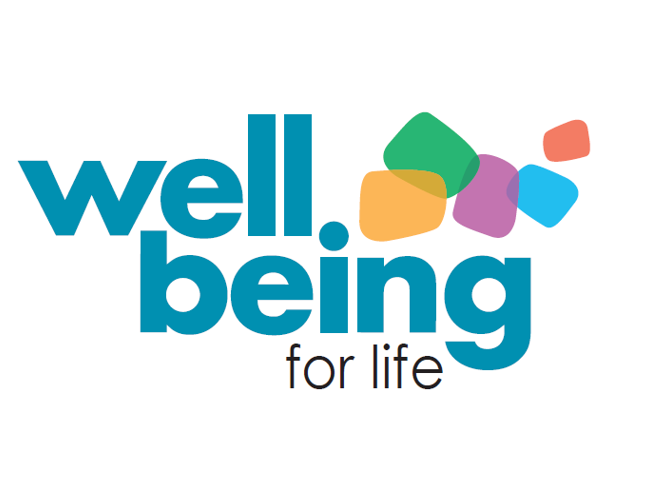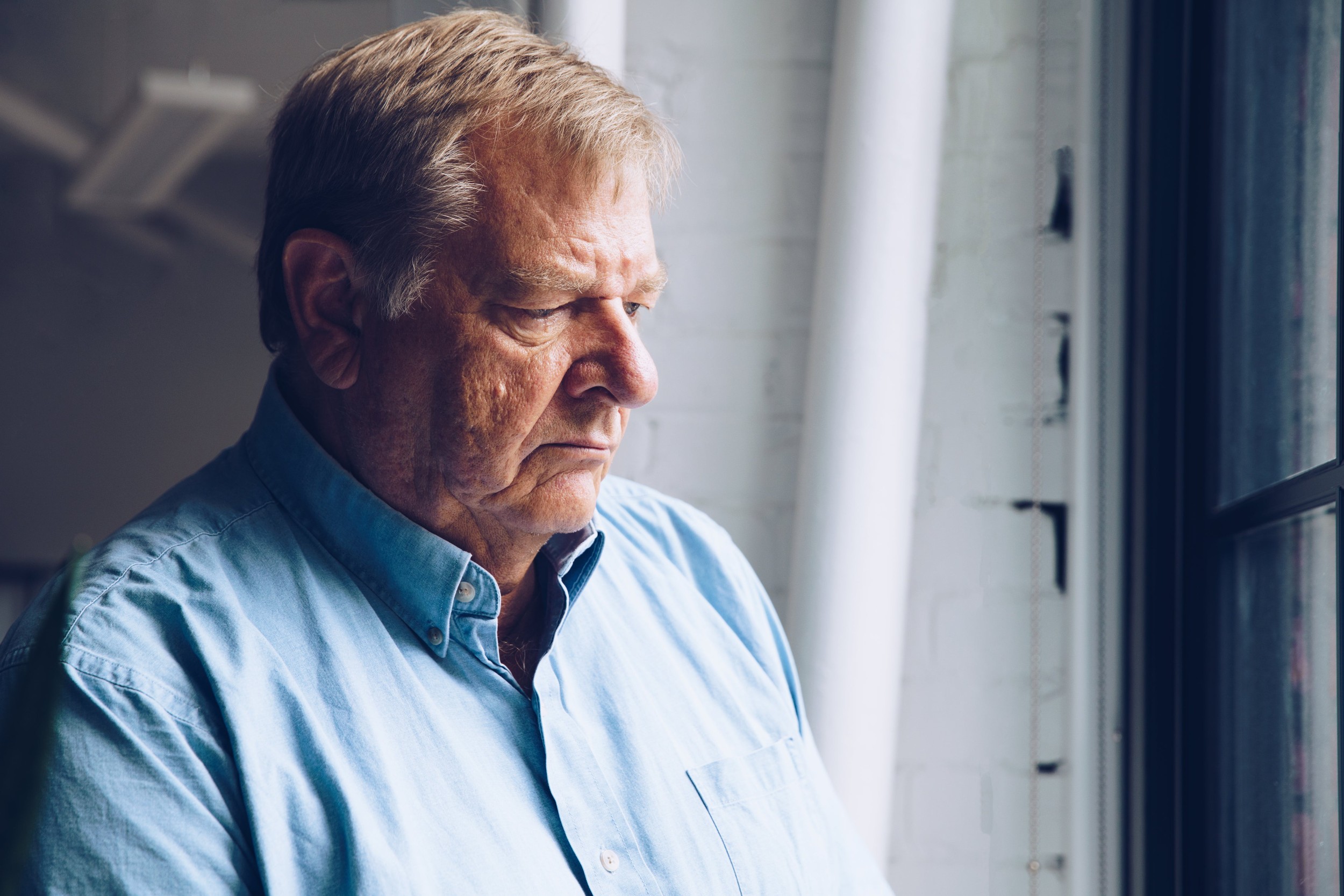In this section you will can find useful information about living well and reducing your risk of diseases, including cancer.
Lifestyle risk factors and reducing your risk
In the UK, more than 1 in 4 cancer deaths (over 25%) are caused by smoking. Breathing in other people's smoke (passive smoking) also increases your risk of developing cancer.
Keep your home smoke-free to protect you and your family's health. If you smoke, giving up is one of the most important thing you can do for your health.
If you want to give up smoking, it is never too late to stop. Ask your GP for advice, or contact the stop-smoking service in your area.
Being overweight increases the risk of many types of cancer, including cancers of the bowel, kidney, womb and gullet (oesophagus). Women who are overweight and have been through the menopause also have a higher risk of breast cancer.
Keeping to a healthy body weight reduces your risk of cancer and other health problems, such as heart disease and diabetes.
If you are worried about your weight or need more information, talk to your GP or a dietitian.
Drinking alcohol increases your risk of mouth and throat cancers. But it is also linked to other cancers.
In general, the more you drink, the higher your risk. Your risk is even higher if you also smoke.
You should try to stick to the current guidelines on drinking alcohol.
There is no single food that causes or prevents cancer.
Eating a balanced diet is good for your overall health and helps reduce your risk of some cancers. It can also help you to keep to a healthy weight.
Eating plenty of high-fibre foods helps reduce the risk of bowel cancer. Red and processed meat are linked to a higher risk of bowel and prostate cancer. Try to limit how much you eat. Red meats include beef, pork, lamb and veal. Processed meats include sausages, bacon, salami, tinned meats, and packet meats like sandwich ham.
Many studies have found that regular physical activity can reduce the risk of cancer. You should try to do at least 30 minutes of activity every day.
Your cancer risk is reduced further if you are active for more than 30 minutes a day and if you exercise harder (vigorous activity). The NHS has more information on how to stay active.
Spending some time outside in the sun helps you stay healthy. Our bodies need sunlight to make vitamin D.
But it is important to protect your skin from burning, as this can increase your risk of skin cancers.
If you are going to be out in the sun for longer than a few minutes, you should protect your skin:
- Keep your arms and legs covered by wearing long-sleeved tops and trousers. Wear a wide-brimmed hat to protect your face and neck.
- Use suncream with a high sun protection factor (SPF) of at least 30. Choose one that protects against UVA and UVB, with four or five stars.
- Make sure you use enough sun cream. Experts say you need at least six to eight teaspoons of lotion for an average-sized adult to give the SPF coverage it says on the bottle.
- Stay out of the sun during the hottest part of the day. This is usually between 11am and 3pm.
- Using sun beds or sun lamps also increases your risk of skin cancer. If you want to look tanned, use fake-tanning lotions or sprays.
